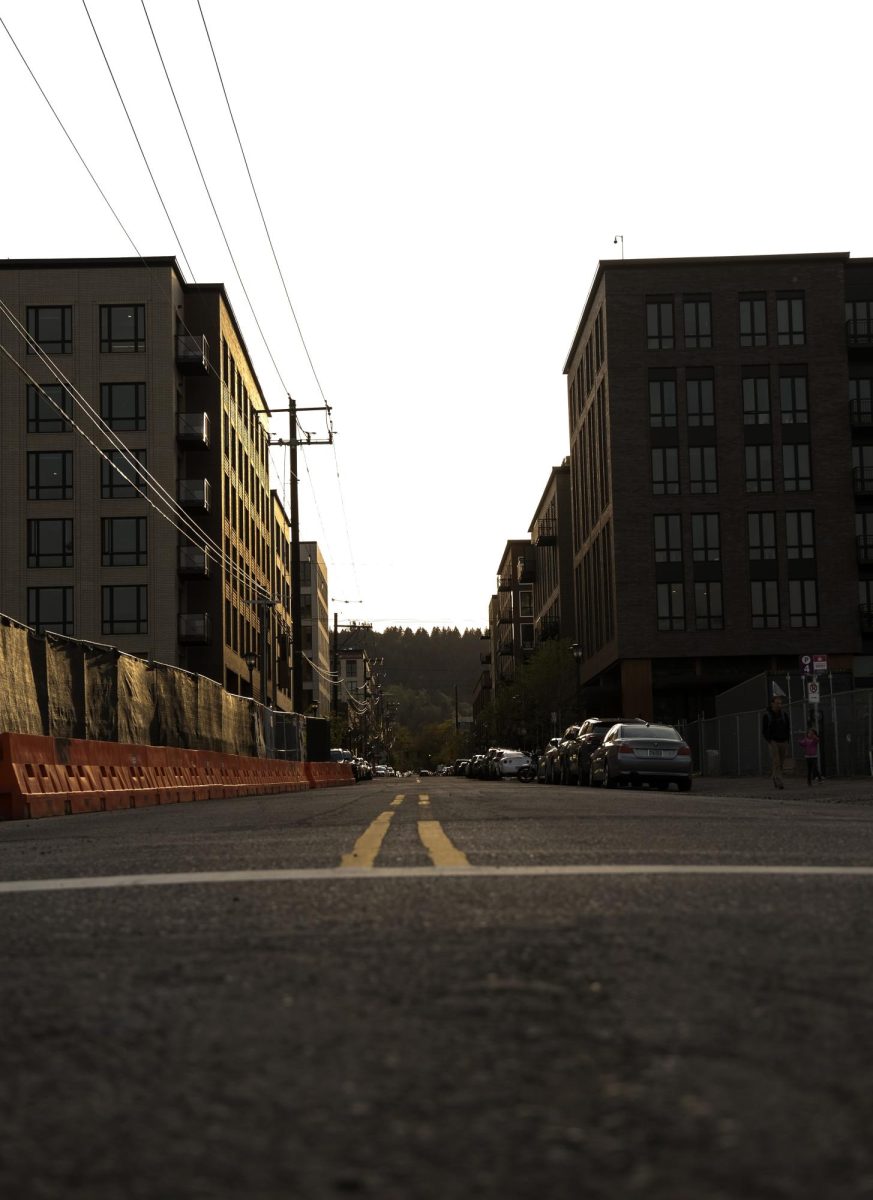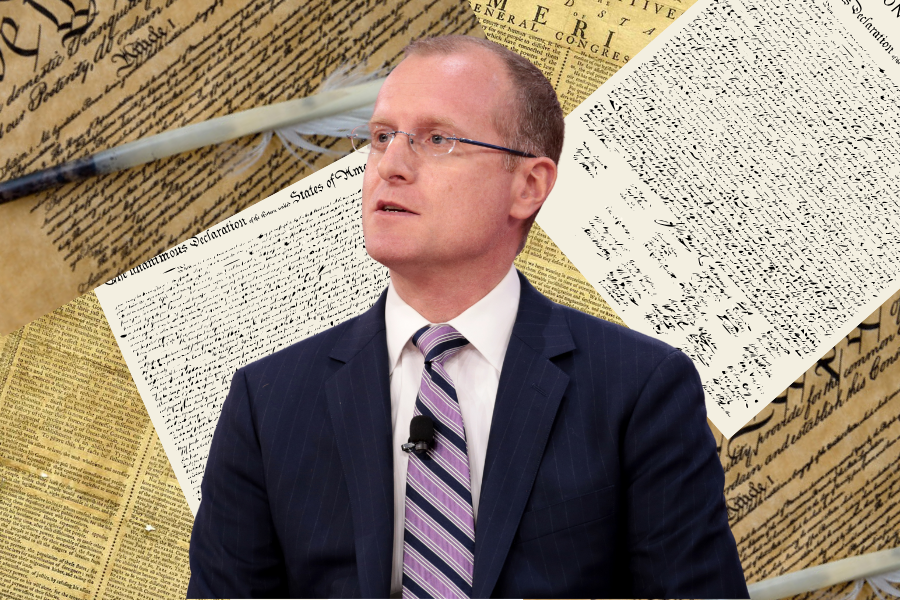
Thoughts of Boston often bring up the picturesque cobble streets of Beacon Hill or the glitzy fashion shops and expensive brownstones of Back Bay. However, one may notice as a city that is “majority-minority,” there is a lack of diversity in these areas. This is because Boston is severely segregated.
City officials deliberately designed Boston to separate the Black community and prevent them from taking advantage of the economic success Boston has seen. Nowhere is this more evident than in Roxbury, where the population is 50% Black and 11% white, compared with wealthy Back Bay, which is 73% white and 4% Black. Roxbury has a 31% poverty rate compared to the citywide rate of 19%. It has the highest proportion of families making under $15,000 a year and the lowest proportion of families making over $150,000.
However, Roxbury was not always like this. Through land development, Boston segregated the city, and those policies still persist today. So, to allow for a more equitable Boston, a group of over 40 community leaders, together with Roxbury’s city councilor, Councilor Tania Fernandes Anderson, introduced a moratorium calling for a stop to development on all publicly owned land within the district to fight against the 80-year war on Roxbury and Black residents of Boston.
Starting in the 1930s, the government graded neighborhoods based on the investment risk level and issued Roxbury a D, the lowest grade possible, through “redlining,” making it unlikely to obtain a mortgage there. Additionally, realtors frequently “block-busted” neighborhoods, racial covenants were devised and banks refused to provide mortgages to Black families.
These policies and practices made it impossible for families of color to live anywhere but where the government wanted them to live, and in Boston, this happened to be in Roxbury.
During the 1960s, the federal government started urban renewal programs incentivizing local governments to revitalize “blighted” neighborhoods. Boston created the Boston Redevelopment Agency, now known as the Boston Planning and Development Agency, and funneled tens of millions of dollars to purchase and demolish large swathes of land in communities of color in the name of revitalization. One of the projects was Washington Park in Roxbury, which displaced 1,700 families, 73% of whom were Black.
The scars on the community are still evident today as large empty lots are scattered throughout Roxbury and are now being sold to the highest bidder by the BPDA.
The lots’ bidders have mostly been multi-billion-dollar corporations owned and operated by white men. While the BPDA has insisted that the projects will benefit Roxbury, similar statements were made by the BRA in the 1960s.
When developers build on these lots, they benefit from the BPDA’s 80 years of racist practices.
Affordable housing units, which do benefit the Boston-metro area, are touted as benefits for Roxbury. However, affordable units are mostly rental, meaning there is no allowance for generational wealth building.
Additionally, there is no guarantee that any Roxbury units will go to residents of the neighborhood. In Boston, affordable housing is a lottery system that cannot prioritize residents of neighborhoods, meaning anyone from across the city can move into the affordable housing in Roxbury.
Because over half of Roxbury’s housing units are income-restricted rentals, the highest amount in Boston, applicants are more likely to move to Roxbury when applying for affordable housing, further concentrating poverty in Boston.
Over the past decade, Roxbury’s share of Boston’s impoverished has increased, while poverty in majority-white neighborhoods have predominantly decreased. This concentration of poverty has profound effects on the community of Roxbury and is a 21st century form of segregation.
Meanwhile, at the edges of Roxbury, gentrification is ever more present. The BPDA has allowed Northeastern University to develop luxury dorms while over-enrolling students, leaving thousands to live off campus. Wealthy residents are moving near the trendy South End into new developments that use higher than average (for Roxbury) salaries to calculate what affordable means. This leaves most of the new housing unaffordable for Black Roxbury residents. Even when a Black family can afford a home in Boston, they are three times more likely to be denied a mortgage.
The BPDA needs to contemplate their racist legacy and reconsider developments’ impact. However, the BPDA is unlikely to do so on their own.
Steven Murnane is a senior at Suffolk University majoring in public policy and legal studies. He previously worked as policy director for Boston City Councilor Tania Fernandes Anderson.

















